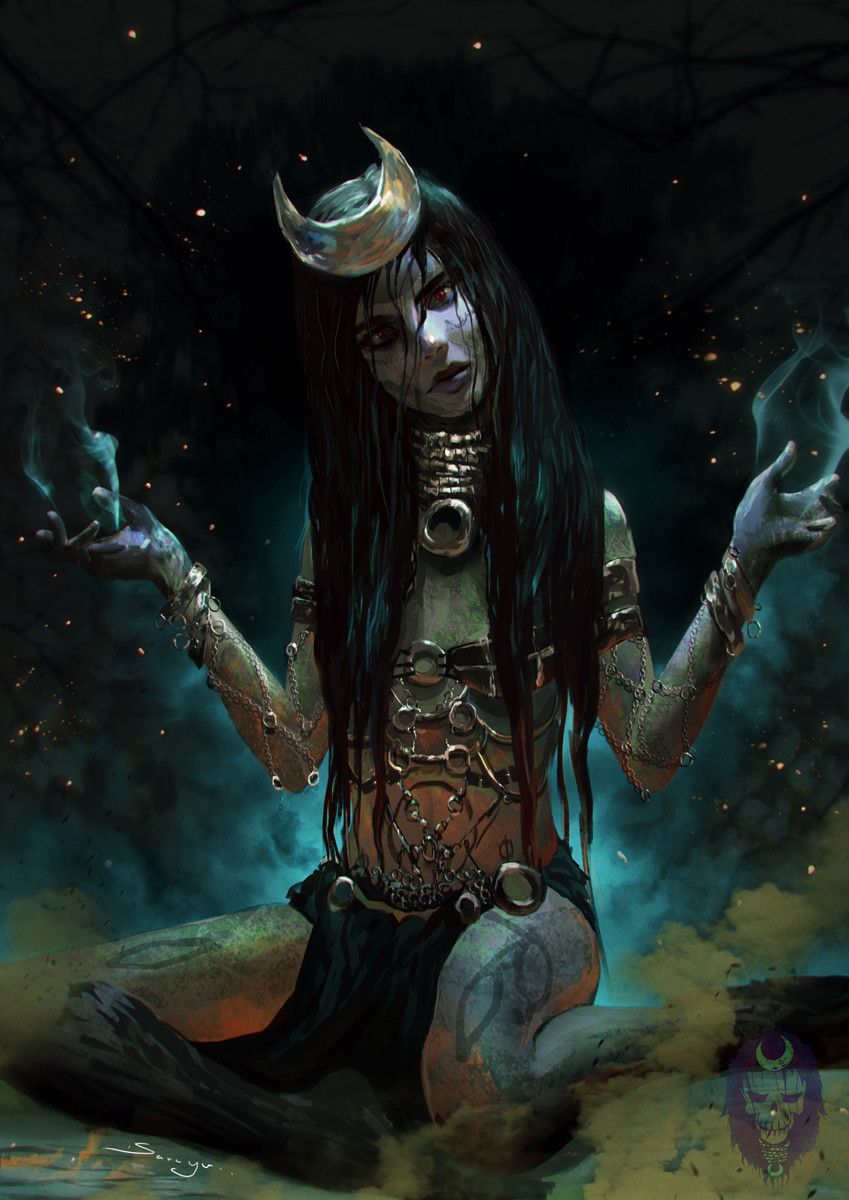
Both my good and bad demons tell me I am not enough, haven’t learned enough, matured enough, understood enough. Not strong enough, mindful enough, likable enough. Not disciplined enough. Certainly not compassionate enough. Death is my reality check. When I dwell on its brink, I sense a horror show of hospital institutional hallways, cleansing solvent smells, swarms of “care-takers” doing their hourlies managing the loose ends and corporate finances of corporeal epilogues. I see a pettiness in my final anxieties for small, perhaps large, comforts and affordances. Seeking recognition beyond quotidian procedure. My family and friends are stitching up the small tears of my absence to our shared experiences. I see options for rose-colored reviews: amazing beings and magical memories, moments of love, gratitude, beauty, unmerited grace; I see x-ray spectacles of selfish, callous actions and hurt I have caused other beings. If left to self-sentencing, my judgment is severe.
I come back from these mental outposts reflecting on my options here and now. That’s when the skirmish with the demons begins. We fight in a small ring of working memory. A tiny whiteboard of current thoughts, feelings and sensations written and re-written in fading ink. In scrawls that fit, held in spans of seconds. Revived again and again, but there are no permanent markers.
Space constrains what we can contemplate. Only so big a thought possible for me to think. Biological demarcations.
This whiteboard is also where memories are retrieved. And, when not being constantly scribbled upon — by either the information glut from outside or ruminations of past and future generated from within — then it’s also a zone of listening and attuning to the void. When it’s not filled with demons, it is a bay window to the liminal. A place of power. I must learn how to use its sacred space while the demons sleep.
“The most common way people give up their power is by thinking they don’t have any.” — Alice Walker